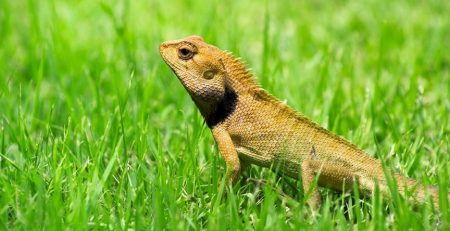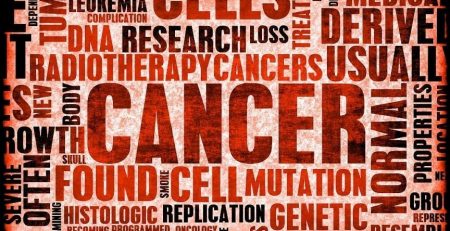New Research Argues Our Genes Make Some More Prone to “Skin Hunger”
Professor Kory Floyd of the University of Arizona’s Department of Communication is taking a closer look at “affection deprivation”, or what is more commonly called “skin hunger”, IFLScience.com reports. Floyd’s latest research, published in Communication Monographs, examines the “differences in the level of affection people express in an effort to determine how much affectionate behavior is influenced by genetics versus a person’s environment,” according to a statement from the University.
“The question that drove the study was: Recognizing that some people are more affectionate than others, what accounts for that variation, and is any part of that variation genetic,” Floyd said.
Floyd and his team studied 464 pairs of adult twins, half identical and half fraternal and determined that in women their variability in affectionate behavior could be explained 45% by hereditary and 55% by environmental influence, while, in men, affectionate behavior was not seen to be heritable. These differences were assessed by participants ranking a series of statements related to their affection levels. “If genetics were to not play a role, fraternal twins (who share 50 percent of their genetic material) and identical twins (who share 100 percent), should be expected to have equally similar scores (assuming very similar upbringings). But the researchers found that pairs of identical female twins had more similar scores than female fraternal twins,” IFLScience.com states.
“When we measure people’s tendency to be affectionate and to receive affection from other people, almost without expectation we find that women score higher than men,” Floyd said in a statement. “That trait of being affectionate may be more adaptive for women in an evolutionary sense. There is some speculation that affectionate behavior is more health-supportive for women than it is for men, and that it helps women to manage the effects of stress more than it does for men. That may be partly why women are more likely than men to inherit the tendency to behave that way rather than that tendency simply being a product of their environment.”
In the socially-distanced era that is COVID-19, those predisposed to being affectionate may be especially impacted by the inability to hug, handshake, or experience human touch. People who live alone or are limiting social interaction are also highly likely to experience “skin hunger”.
“Just like regular hunger reminds us that we’re not getting enough to eat, skin hunger is the recognition that we’re not getting enough touch in our lives,” Floyd explains. “Many people these days are recognizing that they miss hugs, they miss touch, and it’s maybe the one thing technology hasn’t really figured out how to give us yet.”













